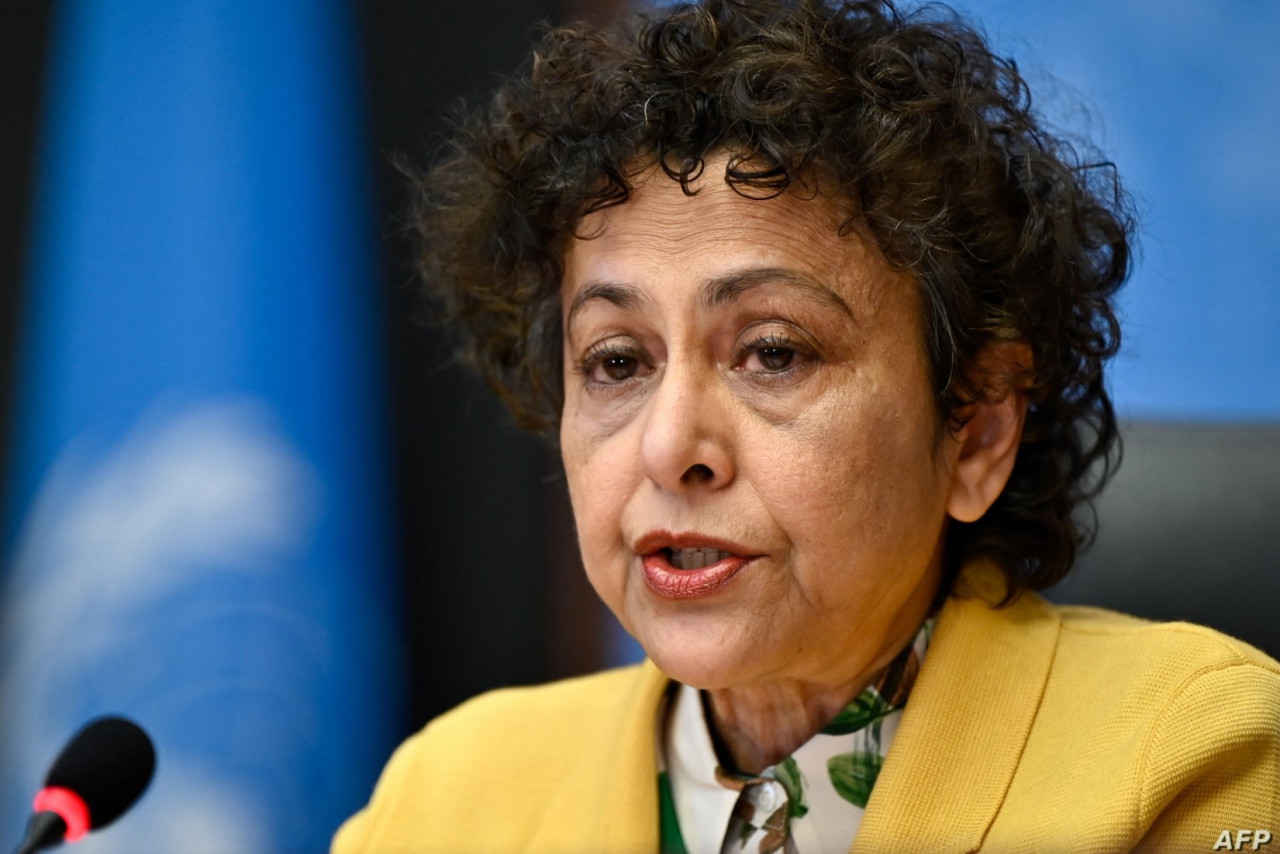Shelve fake news law on Covid-19, emergency, UN urges M’sia

Ordinance affects freedom of expression beyond what is internationally permissible, says organisation’s special rapporteur
(The Vibes) – The United Nations has urged the Malaysian government to suspend the fake news ordinance regarding the Covid-19 pandemic and emergency proclamation.
UN special rapporteur on the promotion and protection of the right to freedom of opinion and expression Irene Khan said the Emergency (Essential Powers) (No. 2) Ordinance 2021 severely affects freedom of expression “beyond what is permissible under international law”.
“I note that the Anti-Fake News Bill of 2018 was repealed due to the incompatibility of its provisions with international human rights law,” she said in a communiqué sent to the Permanent Representative of Malaysia in Geneva dated March 25.
Putrajaya announced the ordinance, which criminalises fake news on the pandemic and emergency proclamation, on March 11, and enforced it the next day using powers conferred by the Emergency (Essential Powers) Ordinance 2021 – proclaimed on January 12 to curb the spread of Covid-19.
The ordinance gives powers to the government to fine up to RM5 million any person who violates Sections 3 and 4 of the order, or fails to comply with any demand or direction of the Agong or any person authorised by him. Offenders may also face imprisonment not exceeding 10 years.
This applies to any person who causes alarm or fear to the public by creating, offering, publishing, distributing, circulating, or disseminating fake news.
Under the ordinance, the definition of fake news includes any news, information, data and reports, which is or are wholly or partly false relating to the Covid-19 pandemic or emergency proclamation, whether in the form of features, visuals, audio recordings or in any other form capable of suggesting words.

In the communiqué published on the UN High Commissioner for Human Rights Office website, Khan called on the Malaysian government to suspend the implementation of provisions that will violate international law and standards.
She advised authorities to take necessary steps to protect freedom of opinion and expression, as guaranteed by Article 19 of both the Universal Declaration of Human Rights (UDHR) and International Covenant on Civil and Political Rights (ICCPR).
Putrajaya should indicate how the ordinance is consistent with its obligations under international human rights law, especially the requirements of legality, necessity and proportionality of Article 19 of the UDHR and ICCPR, she added.

